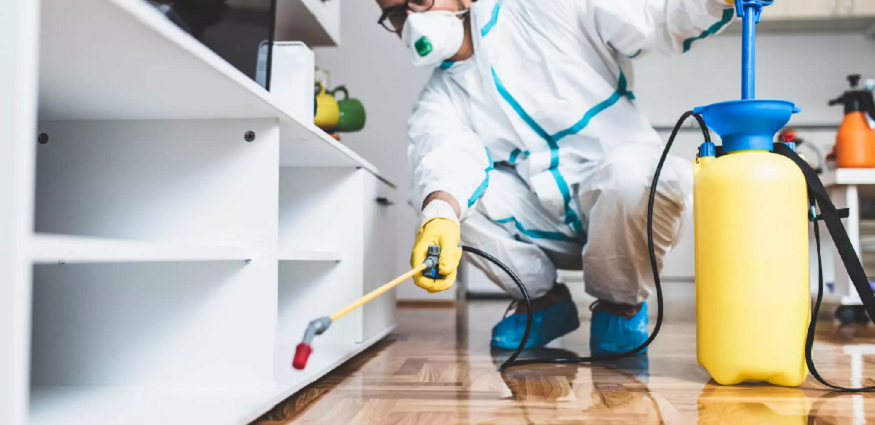Among the latest trends in pest control in Allen and other areas, essential oils are gaining popularity due to their effectiveness and naturalness. These plant concentrates extracted from flowers, herbs and trees possess special aromas as well as chemical profile. Its use in pest formulas shows prospects to propel green solutions which are widely embraced in modern society. Because essential oils are so effective and environmentally friendly, they are the future of pest control because they are so different from conventional chemical-based methods.
How do some of these oils act as pest repellents?
Use of essential oils in pest control is hinged on the volatile compounds that influence insect sensory organs’ ability to do their work. First, some oils such as citronella, peppermint, and eucalyptus stink to insects which compel them to walk away. Furthermore, a few of the oils are described to interfere with the breeding or feeding habits of these pests, which makes them even more effective repellents. Since they originate from natural sources, there is minimal interference with man and other non-target organisms making these bio agents a gem in integrated pest management systems.
Which Essential Oils Constitute the Greatest Promise?
Several studies identify a number of essential oils that have remarkable capability in repelling pests. Citronella is famous for eradicating mosquitoes as for lavender it repels moths and fleas. It is also acknowledged that peppermint prevents ants and spiders while on the other hand tea tree oil has effectiveness in eradicating insects such as lice. One oil needs to be ready in its composition, method of application, and the type of pest it is being used to treat, making it easy to manage different ones as per a given pest type.
What are the Benefits of Applying Essential Oils in Pest Management?
There are several benefits of using oils compared to the synthetic way of controlling pests. They are biodegradable and more evenly distributed in the environment such that they will not cause high impacts on the environment. They have minimal risk of chemical resistance in pests, a common problem with synthetic compounds of pest control agents. In addition, they are multipurpose and can be incorporated with other applicators like spray, candles and diffusers thereby, making their application more applicable in all spheres.
Is There Anything Difficult with the Use of Essential Oils in Formulating Such Formulas?
However, with essential oils, there is so much potential; it’s just that with an effective pest repellent formula, there are some recurrent challenges that need to be met. Due to the fluctuating nature of Co-Essence these oils tend to lose potency over time or in some conditions.
Also, in order to achieve consistent results when the chemical for the composition of pens is being standardized, this can be a very difficult undertaking bearing in mind that natural variations occur. However, depending on various factors, formulation remains a significant challenge; this is an area that has recorded substantive progress in formulation technology and research.
How effective are oils in changing pest management strategies?
New ways of control of pest-associated difficulties can be witnessed from the blend of the essential oils portfolio. Some of them are perfectly suitable for the current trend of green and environment-friendly solutions and products that allow people to find better compromise between the activities and nature. Through the expanded use of these essential oils, industries will be inclined towards achieving environmentally sound solutions to pest problems hence good environmental practices worldwide.
Conclusion
Essential oils in pest repellent formulations are a fresh area of scientific research and one that shows a lot of promise in natural pest control. Because of their natural properties, high efficiency, and versatility, they can be safely considered an effective replacement for traditional approaches. Ongoing studies and development has the potential of transforming essential oils into the new pest control panacea every sector needs to enhance a symbiotic relationship with the environment.

